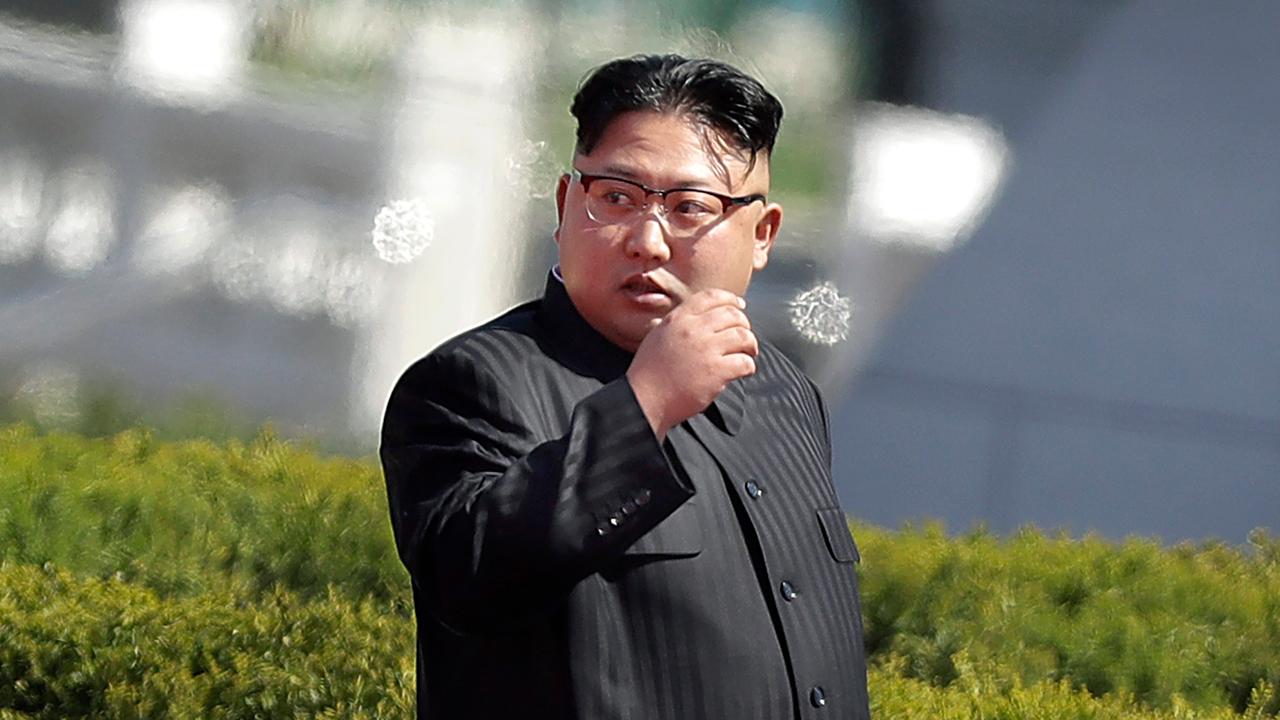Trump’s sanctions pushed North Korea to the negotiating table
President Donald Trump’s sanctions against North Korea have prompted Kim Jong Un to sit down with the president to discuss possibly denuclearizing the Korean peninsula, according to Gordon Chang.
“I do think though that they are being hurt by Trump’s sanctions and the U.N. sanctions and so they want some relief. And that’s why there is this initiative,” Chang told FOX Business’ Gregg Jarrett on “Lou Dobbs Tonight.”
South Korean national security adviser Chung Eui-yong, on Thursday, delivered a message inviting Trump to meet with Kim Jong Un. Soon after, the White House confirmed that President Trump accepted Kim’s offer and would meet with him by May.
“A succession of American presidents have tried to solve this problem, they have all failed in different ways, liberals and conservatives,” Chang said. “Trump has put North Korea at the top of his list of foreign policy challenges and he’s actually willing to exercise American political will and American national power in order to solve this.”
Though many media outlets expressed doubt over Trump’s upcoming meeting with North Korea, some agreed that if the president were to succeed, it would be a major accomplishment.
CNN “Outfront” host Erin Burnett said, “If President Trump can truly solve this problem, that would be going down as a great president. And there’s no way around that. And that is the reality here.”
However, many experts believe that the North Korean leader will use the talks to convince the U.S. to cut its ties with South Korea.
Chang, author of the “Nuclear Showdown,” said that the president doesn’t get credit for making sure South Korea and the U.S. are on the same page when it comes to North Korea.
“What [Trump] is saying to Moon Jae-in, the South Korean president, is, ‘I’m not going to allow the North Koreans to drive a wedge between South Korea and the United States,’ that’s what Kim is trying to do here,” he said.
Chang believes that though the Trump administration has a huge challenge ahead of it, the U.S. should be “relatively” optimistic.




















